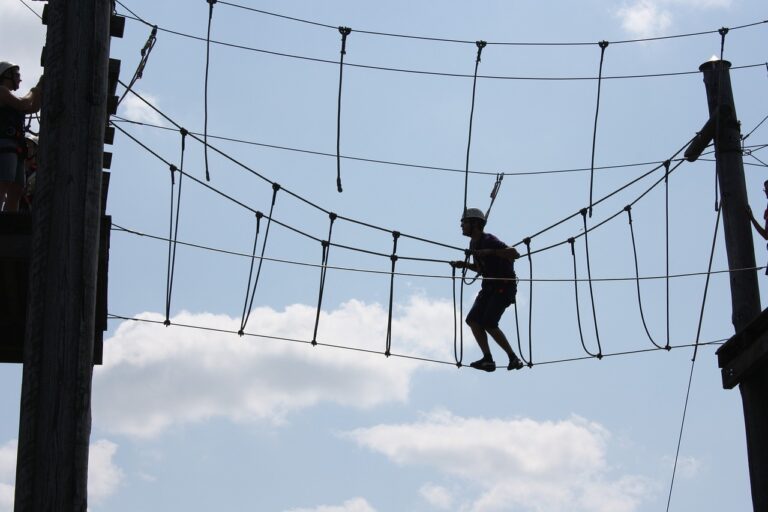Promoting Cultural Competency Through Virtual Reality Cultural Immersions
Cultural competency is crucial in today’s globalized world as it allows individuals to effectively interact and communicate with people from diverse cultural backgrounds. In a world where globalization has made cross-cultural interactions a common occurrence, understanding and respecting different cultural norms, values, and beliefs is essential for building strong relationships and fostering cooperation on a global scale.
Moreover, cultural competency promotes inclusivity and diversity within communities and organizations. By valuing and embracing cultural differences, individuals can create a more inclusive and welcoming environment where everyone feels respected and valued for who they are. This not only enhances teamwork and collaboration but also contributes to a more harmonious and understanding society where people of all backgrounds can thrive and contribute their unique perspectives and experiences.
The Benefits of Virtual Reality in Cultural Immersions
Virtual reality (VR) offers a unique opportunity for individuals to immerse themselves in different cultures without physically traveling to those locations. Through VR technology, users can experience sights, sounds, and customs from around the world, providing a more intimate and interactive understanding of diverse cultural practices. This immersive experience allows individuals to gain empathy, respect, and awareness for cultures different from their own, fostering a sense of global interconnectedness and unity.
Furthermore, virtual reality in cultural immersions enables users to engage in simulated scenarios that challenge their preconceived notions and biases about different cultures. By experiencing cultural interactions firsthand through VR, individuals can expand their perspectives, break down stereotypes, and develop a deeper appreciation for the richness and diversity of human experiences across the globe. This enhanced understanding and empathy can lead to improved cross-cultural communication, collaboration, and cooperation in an increasingly interconnected and multicultural world.
How Virtual Reality Can Enhance Cross-Cultural Understanding
Virtual reality (VR) technology has revolutionized the way we experience and interact with different cultures worldwide. By immersing users in realistic simulations of diverse cultural environments, VR offers a unique opportunity to walk in the shoes of people from around the globe. This immersive experience can foster empathy, understanding, and appreciation for the values, customs, and perspectives of various cultures, breaking down barriers and promoting cross-cultural understanding.
Moreover, VR enables users to participate in virtual cultural experiences that would otherwise be inaccessible due to geographical location, time constraints, or financial limitations. Through interactive scenarios and simulations, individuals can engage in virtual conversations, explore historical landmarks, and partake in traditional ceremonies, providing a hands-on learning experience that goes beyond textbooks and documentaries. This hands-on approach not only enhances cultural awareness but also encourages individuals to develop a deeper respect for diversity and inclusivity in an increasingly interconnected world.
Why is cultural competency important in today’s globalized world?
Cultural competency is important because it allows individuals to effectively interact and communicate with people from diverse backgrounds. In a globalized world, understanding and respecting different cultures can lead to better relationships, collaborations, and outcomes.
What are the benefits of virtual reality in cultural immersions?
Virtual reality can provide immersive experiences that allow individuals to virtually visit different countries, participate in cultural events, and interact with people from different cultures. This can help individuals gain a deeper understanding and appreciation for other cultures.
How can virtual reality enhance cross-cultural understanding?
Virtual reality can simulate real-life cultural experiences and interactions, allowing individuals to step into someone else’s shoes and see the world from a different perspective. This can help break down stereotypes, increase empathy, and promote cultural understanding and appreciation.





